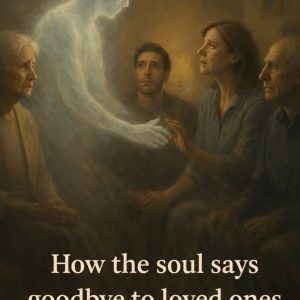Every birthday, my grandma gave me a single old postcard. No gifts—just a card with a lighthouse or train and a cryptic line on the back. I’d smile, roll my eyes, and stash them away. By seventeen, I had seventeen postcards. A month later, she died, and the box went to the back of my closet.
Twenty years passed—college, marriage, divorce. At thirty-seven, clearing out my childhood home, I found those postcards in a mason jar tied with string. The handwriting was hers, and on each card, random letters were underlined in colors—breadcrumbs I hadn’t noticed.
I wrote down the letters, and they spelled: LOOK IN THE CEDAR HOPE CHEST. BOTTOM.
The chest, at the end of her bed, held doilies and quilts. Beneath was a false bottom. Inside a red folder, a note: “Read when you’re ready to know who I really was.”
The first page was a photo of a young woman—my grandmother and not her. She stood with a man I didn’t recognize, pregnant. A letter followed, from 1962, addressed to “Zahra,” revealing she was my biological mother.
She’d fled Iran, gave birth in a refugee shelter, arranged my adoption, and later became our nanny. She never told me outright, only through postcards—coded whispers: I’m here.
I called my parents. After a long silence, my dad said, “She loved you harder than we ever could.”
Zahra left me her Oregon bungalow. I moved there, creating a home for my daughter. At night, I hum the lullaby she once hummed, and Reya hums back.
Now I write postcards too—messages I wish I’d heard as a child. Not secrets, but maps, waiting for the courage to read them.
“Not every door is locked just because it creaks.” It was never locked. I just needed to learn how to open it.




